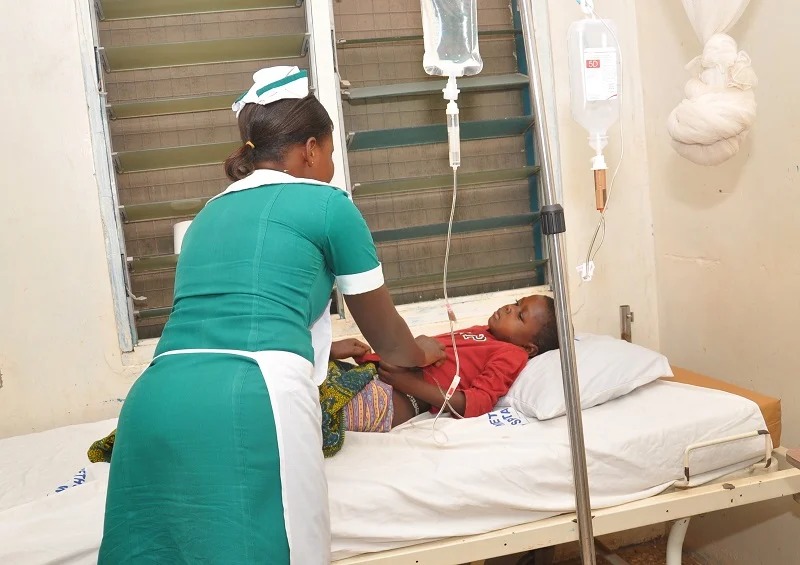The National Health Insurance Authority (NHIA) has disbursed Gh¢180 million to healthcare providers across the country.
The payment primarily covers claims submitted and vetted up to December 2023.
A statement signed and issued by the Acting Chief Executive of NHIA, Dr Da Costa Aboagye, dated March 26, 2024, indicated that the payment was part of the authority’s mandate as a payer of healthcare services in Ghana as outlined in the National Health Insurance Scheme (NHIS) benefit package.
The NHIS benefit package, he explained, encompasses over 95 per cent of disease conditions and include more than 550 formulations on the NHIS medicines list, ensuring comprehensive coverage for all diseases under the scheme.
Dr Aboagye reiterated NHIS’s commitment to delivering quality healthcare to all its subscribers, assuring its stakeholders of timely payments within the accepted 90-day window for vetted claims.
“With this payment, the NHIS is on track and not in arrears as to stays within the accepted 90-day window for the payment of vetted Claims”, she stated.
Under the NHIA, he said, healthcare providers were granted credentials to provide services to NHIS members and were obliged by an agreement to comply with the NHIS medicines list and service tariff, failure of which could attract sanctions.
“As a result of recent economic conditions, the NHIA in collaboration with the Ghana Health Service, Christian Health Association of Ghana, and other stakeholders is comprehensively reviewing the NHIS Medicines Tariffs for appropriate adjustments to be considered”, Dr Aboagye added.
To address illegal fees and extortion encountered by NHIS members at certain healthcare facilities, he said, the NHIA, along with key stakeholders, planned to intensify public education, promote members’ entitlements, and engage communities to enhance understanding and ownership of the NHIS.
He, therefore, urged members to report instances of illegal charges or extortion to their local NHIS District Offices to combat such practices effectively.
